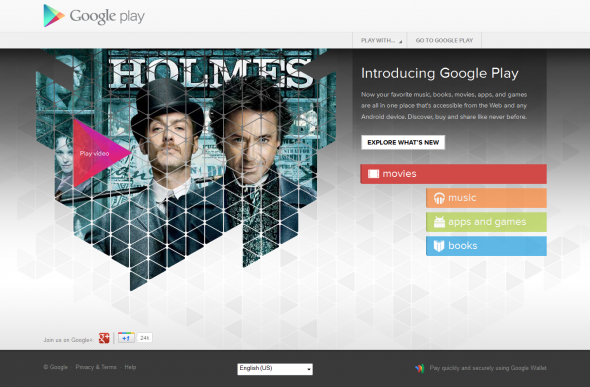SAN FRANCISCO (Reuters) - Engineers at Intel Corp are applying lessons from aircraft design to create sturdier laptops in a bid to reduce the prices of the new ultra-thin computers the top chipmaker is promoting heavily.
Intel is counting on the super-thin laptops, a category it has dubbed ultrabooks, to add some pizzazz to a PC market languishing due to the growing popularity of Apple Inc's iPad.
Models expected later this year will have large touch screens, "instant on" responsiveness and razor-thin dimensions - all expensive features that have left some on Wall Street wondering if they might be too expensive for average consumers.
Engineers at Intel's Dupont, Washington R&D center, including former Boeing Co employees, have come up with a design method to make plastic laptop cases as strong as more-expensive metal ones typically used in ultrabooks, said Ben Broili, head of the team.
He said that may cut the cost of future ultrabooks by between $25 and $75 by letting manufactures use plastic cases instead of metal ones without sacrificing quality.
Their work is an example of the steps Intel is taking to find ways to make future ultrabooks more affordable - without cutting the prices of its processors.
At a meeting with analysts last month, Intel Chief Executive Paul Otellini said upcoming ultrabooks would be available for as little as $699, but many are expected to be priced nearer to $1,000 or more.
Borrowing from product design methods used in the aerospace industry, the engineers have found that hard drives, motherboards and other components that make up the guts of a PC can be laid out in ways that make the laptops structure much stronger.
"We didn't develop a new material. We are able to use an existing plastic with an existing manufacturing technology," he told Reuters in a telephone interview. "It just requires some more upfront thought initially about how you lay your system out and how you can bring these things together and tie them in."
Different components in the laptop can be leveraged to support its chassis, or even dissipate heat from the processor, he said.
"There is no one size fits all," Broili added. "We're trying to enable the entire industry. You can make trades, move stuff around; and if you don't want your hard drive here, then move it. You have a menu you can pick from and see what you win or lose from a cost and quality standpoint."
Typically priced above $200 each, Intel's processors are the costliest component in laptops. Smaller rival Advanced Micro Devices is selling its new Trinity chips for less in a bid to undercut Intel in thin laptops.
LESS FLEX
Laptops with metal cases tend to be sturdier than laptops with plastic cases, but they cost more.
To get an idea of the structural quality of any laptop, Broili recommends lifting it up by a front corner while it is open and watching how much it flexes.
Intel has already held a seminar in Taiwan to demonstrate its new design technique to PC design engineers and it is promoting it with specific manufacturers.
At the Computex technology show in Taipei, Taiwan, next week, PC manufactures are set to unveil dozens of ultrabooks using Intel's newest Ivy Bridge processors.
They will also demonstrate future models with touch screens, based on Microsoft Corps's Windows 8 platform, which is expected out later this year.
Broili said Intel engineers are working on other ways to improve ultrabooks, including tweaks to motherboards, touch screens and Wifi.
Separately, Intel launched a $300 million fund last year to invest in small companies focused on technologies complementing ultrabooks, such as improved battery life.
A few ultrabook models launched this year have been reviewed as nice but pricey, leaving some analysts skeptical the category will attract mainstream shoppers.
Otellini has said Intel is on track to reach its goal that ultrabooks account for 40 percent of all consumer notebooks sold by the end of the year.
Helped by emerging markets, the Ivy Bridge processor and ultrabooks, Intel expects PC shipments this year to grow by a "high-single digits" percentage.




